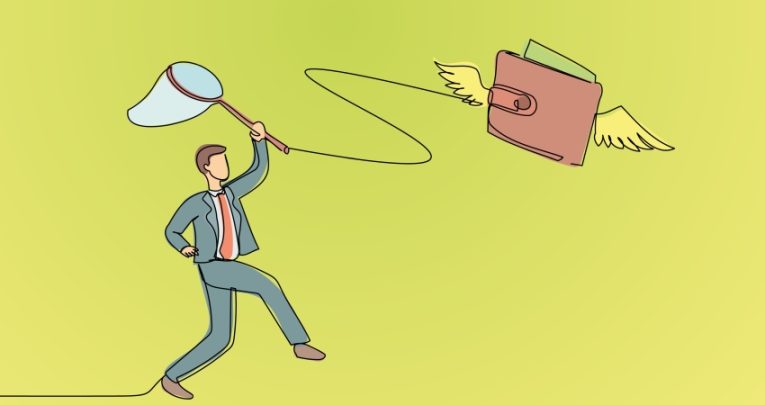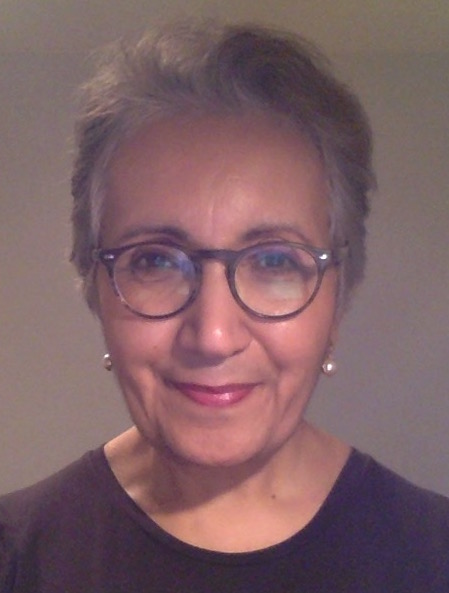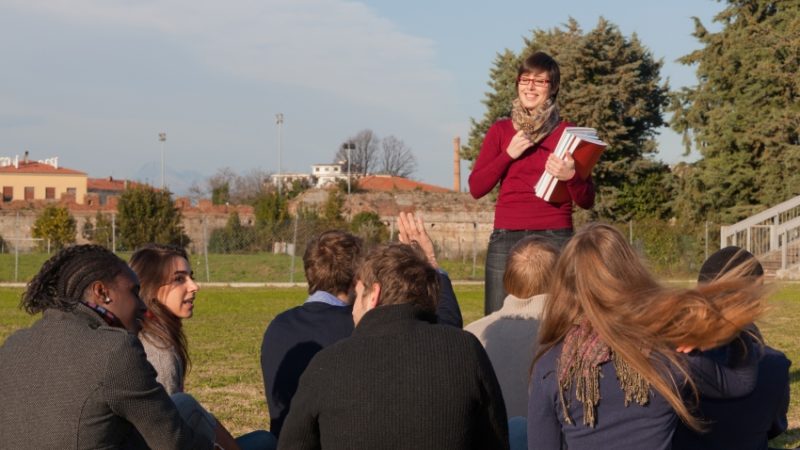Commodification of education – Has the commercialisation of schools gone too far?

Alka Sehgal Cuthbert takes issue with the creeping commodification of not just schools’ curricula, but now also their fundamental ethos

In Britain, August is the month of school GCSE and A Level exam results. Parents and pupils across the land ruminate on these results, and their implications for what comes next.
Politicians meanwhile ponder what this year’s statistical changes might mean for Britain’s economic prospects, social mobility or overall academic standards.
Yet throughout this annual media event, the biggest change to affect Britain’s education system for almost a century remains unremarked upon, outside the offices of officialdom. This is namely the commodification of education, the curriculum and even knowledge itself.
The education services industry
In 2007, the sociologist Stephen Ball wrote about the increasing involvement of the private sector in state education in a book entitled Education plc.
The book examined the growth of what was then starting to be known as the ‘Education Services Industry’ in all aspects of schooling. This was from the rolling out of IWBs, to the provision of third party CPD courses and proliferation of educational consultancies.
His point was that these developments – first enabled through the 1988 Education Reform Act, but sustained by policies of subsequent governments – represented a reconfiguring of the post-war social democratic welfare state into a new form of competitive state.
The economist Alison Wolf has meanwhile astutely observed that education has historically been a benefit provided in societies where growth is thriving, fiscal measures are in place and state planning has been enacted, among a number of other factors.
Yet the current orthodoxy is that Britain’s economic health depends upon the exam results of its 18- and 16-year-olds. This assertion turns Wolf’s insight on its head.
A public good
In 2022, the combined secondary education industry generated revenues of £55.7 billion. We could justifiably ask at this point whether the notion of education being a ‘public sector service’ even exists any more. We’ve seen a major change in the ultimate purpose – the telos, if you like – of education.
And if our public understanding of what education is for has changed, then it follows that we’ve also witnessed a shift in the systems that underpin our social values.
Education, when conceived of as a commodity, is very different to education that’s considered a cultural and intellectual public good in its own right. Market imperatives require commodities to be produced and sold, with a view to generating profits.
In practice, this amounts to the selling of whiteboards, IT services, textbooks, digital classroom materials and numerous other products and services – but education itself?
In theory, at least, the practice of teaching and learning is still an immaterial public and cultural good. One where young individuals are encouraged and helped to think about symbolic knowledge (as opposed to social or perception-based knowledge).
The ability to bracket one’s immediate responses in order to think about abstract concepts is a vital form of intellectual freedom.
In higher education, the latter skill is vital for testing the truth value of any knowledge claim. In this sense, education is not unlike love in that it’s fundamentally un-commodifiable.
The commodification of education
Stephen Ball has expressed particular concern with the latter-day proliferation of third-party businesses in education and schools. Take lesson plan templates, for example, or teaching scripts.
For some schools and teachers these can provide a useful shortcut. They serve as a safety blanket or quick fix to that harried supply teacher or untested ECT, for whom producing an original lesson plan is a fear-inducing exercise born of necessity, rather than the highly creative act it ought to be.
Of course, template lesson plans will always be limited in their utility. This is because no teacher or class could ever be described as ‘templated’.
A pupil once asked me, ‘Miss, where do you get your lessons from?’ To which I responded, ‘I make them up myself from everything I’ve read, what I want to teach this lesson, and what I know about you and the class. Why do you ask?’
The pupil’s reply? ‘Oh, it’s just my other teacher always used [name of online resource provider], and her lessons were really boring.’
Narrow band
The problem is that today, it’s become too easy to treat large, commercially successful repositories of downloadable resources as the sum of all curriculum knowledge.
Commodified ‘lesson plans’ often turn out to be a series of exercises designed to practise a specific rule, or test a very narrow band of information.
While there’s nothing wrong with that per se, they can cause the technical to be over-emphasised, to the point of obscuring the substantive intellectual and imaginative content at hand.
“It’s become too easy to treat large, commercially successful repositories of downloadable resources as the sum of all curriculum knowledge”
Take letter-writing activities, for example. The justifications given for such exercises now frequently cite the importance of writing letters for ‘practising fine-motor skills’ and later on, ‘job applications’. So much for creativity and the teaching of expertise.
This banal, technical approach emanates from the misguided notion – rife in teacher education and among policymakers – that education is essentially technical and transactional in nature.
The commodification of ethics
As if a commodified knowledge curriculum weren’t bad enough, a recent report from Don’t Divide Us, of which I am the lead author, shows that a second wave of the educational services industry is now emerging – only this time, it’s schools’ ethos that’s in the commodification of education cross hairs.
Perhaps intuitively responding to the fact that many teachers are unlikely to find the role of ‘curriculum deliverer’ or ‘facilitator’ all that attractive, a slew of third-party organisations have started selling Equity, Diversity and Inclusion (EDI) policies and initiatives. This are billed as the new, must-have statements of ethos.
For these companies, selling schools the means by which they can promote that they’re ‘socially just’ or ‘actively anti-racist’ confers both financial gains and/or gains in cultural status.
After all, Critical Social Justice is the current lens through which it’s now de rigueur for our cultural and intellectual elites to view the world…
Even worse is the implication that schools are now in the process of outsourcing their very values and ethics to commercial providers.
This means that a school’s traditional ethical values and practices – the most important of which surely involve recognising the importance of formal knowledge, and cultivating a common identity among pupils who are supported by authoritative teachers – are instead not recognised. Or deemed unimportant, or even racist.
Intellectual freedom
The current commercial landscape also includes a number of large, profitable companies that many schools turn to for guidance relating to new Ofsted rulings, document and letter templates and numerous other administrative and logistical services. Yet these same companies will instantly abandon their otherwise technical and ideology-free presentation when assisting schools in matters pertaining to EDI or anti-racist provision.
This is emblematic of how the prior generation of companies that successfully sold schools technocratic commodities helped pave the way for more ideologically partisan, third-party EDI organisations to gain a foothold in the ‘education market’.
There are questions now before us that we need to answer. Do we – as citizens, as professionals – wish to affirm and enact the values of securing intellectual freedom and pursuing truth? Do we value education’s potential contribution in helping to form young people’s identity and enhancing their independent agency?
Are we brave enough to say that ‘education’ and ‘qualifications’ aren’t the same thing? Or indeed that being educated doesn’t mean having to hold the favoured sociopolitical views of the day?
Alka Sehgal Cuthbert (@ASCphiled) is a teacher, independent academic and writer, and co-editor of What Should Schools Teach? – Disciplines, subjects and the pursuit of truth, 2nd Ed. (£25, UCL Press)











